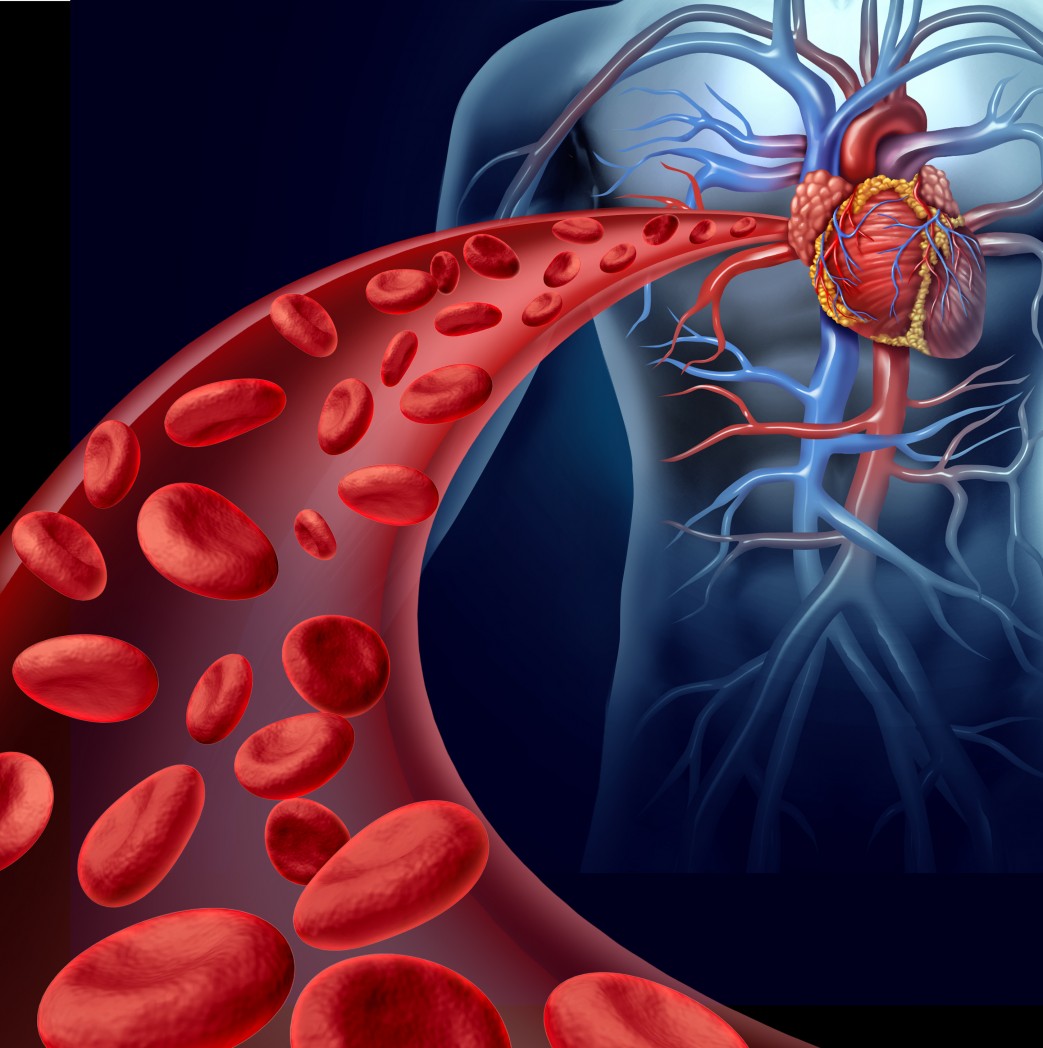Warm Heart Surgery for Cold Agglutinin Disease
Written by |

People with cold agglutinin disease (CAD) who need heart surgery may find that it poses extra risk. It is important to discuss with your doctor the added risk and precautions the surgical team should be taking. An alternative method of heart surgery — warm heart surgery — could be potentially life-saving for CAD patients.
What is CAD?
CAD is a rare autoimmune disorder in which the body produces antibodies against its own red blood cells in cold temperatures. These antibodies, called cold agglutinins, attach to the outside of red blood cells, causing them to stick together. Other cells of the immune system then attack them. The clumps of red blood cells can cause blockages in blood vessels. Their destruction can lead to anemia.
How surgeons perform heart surgery
During heart surgery, surgeons usually place the patient on cardiopulmonary bypass, where a machine takes over the role of oxygenating and circulating blood. They usually use medications to stop the patient’s heart temporarily during this time. They also cool the heart to help prevent damage to the tissue since it is not receiving oxygen.
Risks for CAD patients
In CAD patients, the cooling of the heart can cause the production of cold agglutinins and lead to blood clumping. The clumps can result in inadequate distribution of the medications that surgeons use to stop the heart. They also can lead to blood clot formation, embolism (when a blood clot breaks free and blocks another blood vessel), lack of blood flow, or a heart attack. Eventually, they can cause red blood cells to burst.
What is warm heart surgery?
In warm heart surgery, surgeons continuously infuse the heart and body with blood that has been warmed to body temperature 98.6 F (37 C) and oxygenated. They still stop the heart during this time.
Research on warm heart surgery in CAD
A study of patients with either high levels of cold agglutinins (10 patients) or CAD (six patients) undergoing cardiopulmonary bypass showed that patients with CAD were able to safely undergo the operations without incident. Fourteen of the 16 patients underwent warm heart surgery. The two patients who did not receive warm heart surgery had high levels of cold agglutinins, but not CAD. Only one patient required blood infusion due to hemolysis after surgery despite having warm heart surgery.
Last updated: Dec. 3, 2020
***
Cold Agglutinin Disease News is strictly a news and information website about the disease. It does not provide medical advice, diagnosis, or treatment. This content is not intended to be a substitute for professional medical advice, diagnosis, or treatment. Always seek the advice of your physician or other qualified health provider with any questions you may have regarding a medical condition. Never disregard professional medical advice or delay in seeking it because of something you have read on this website.





